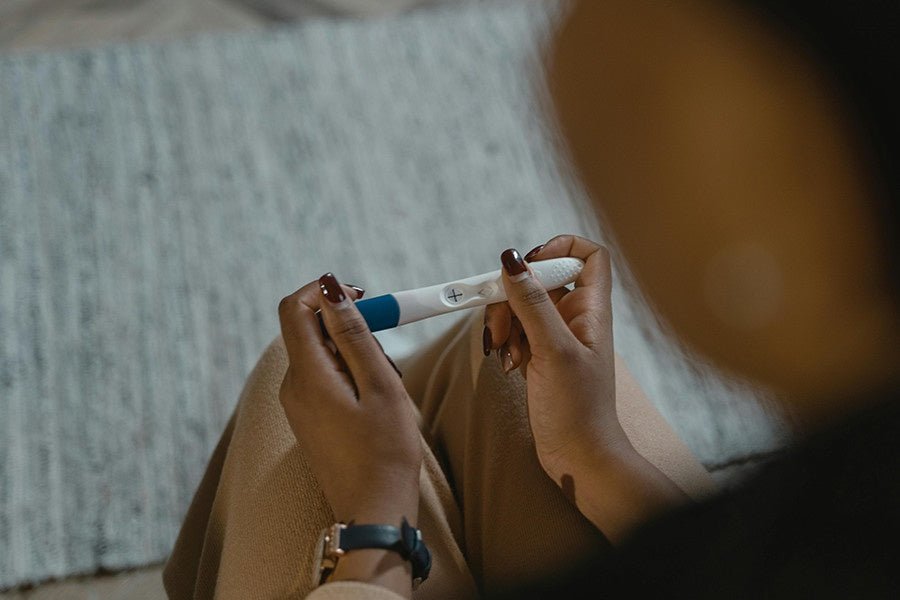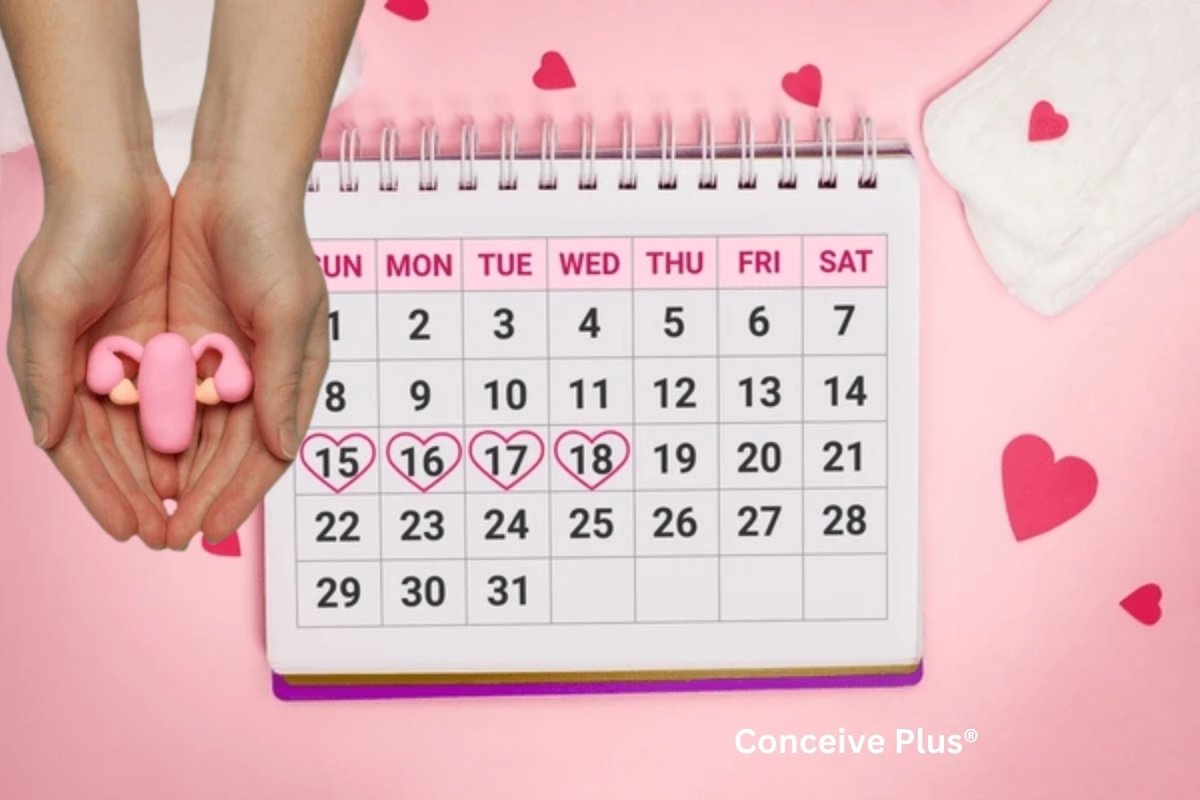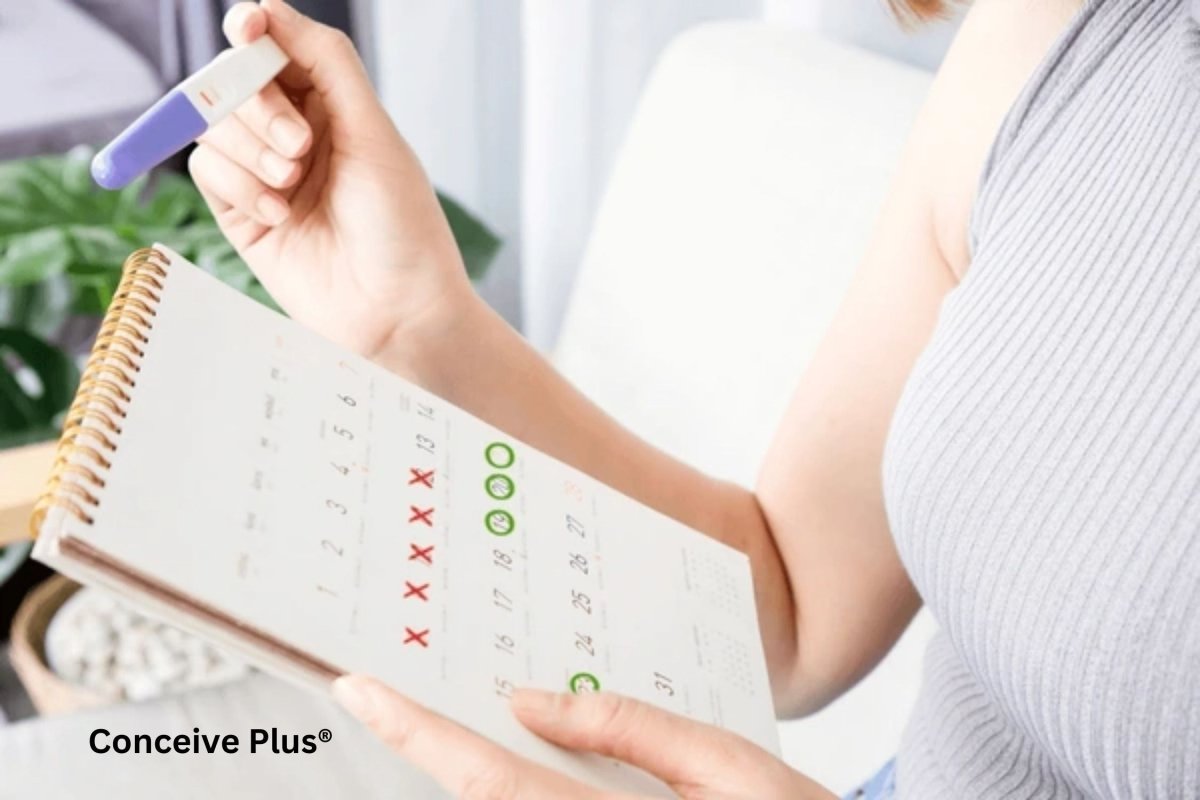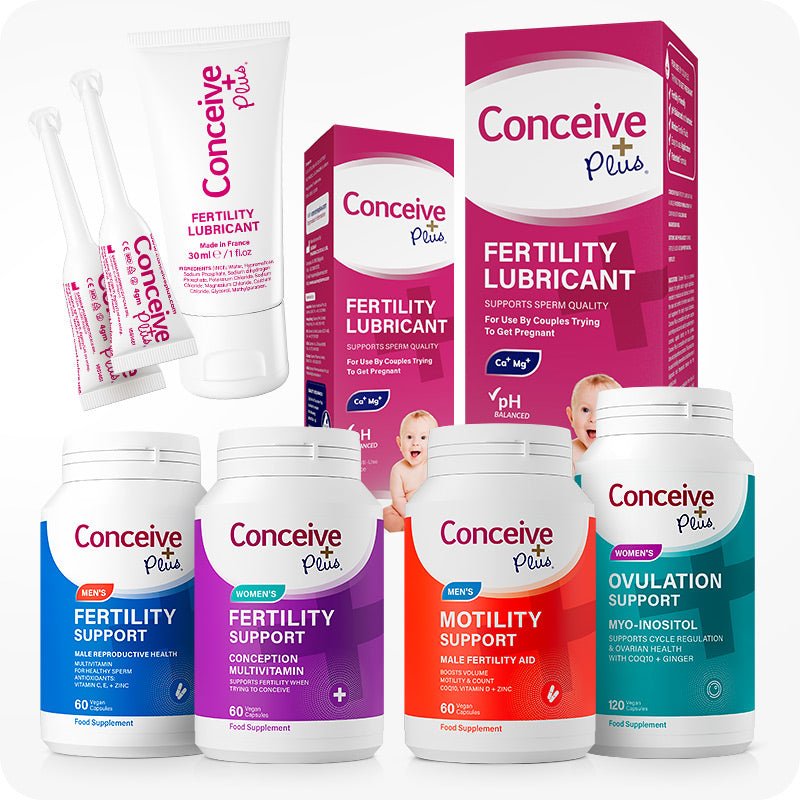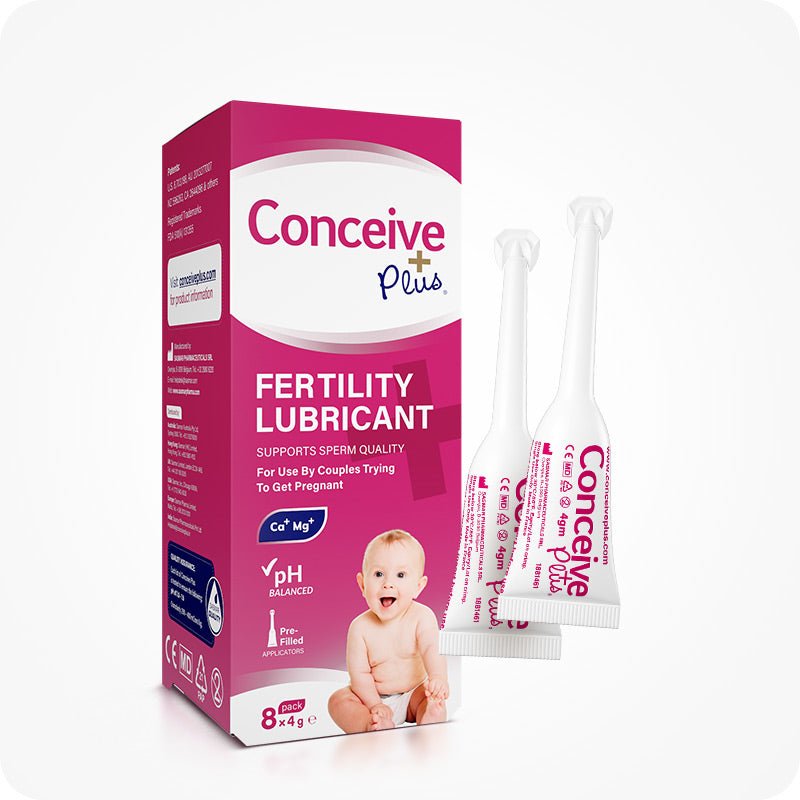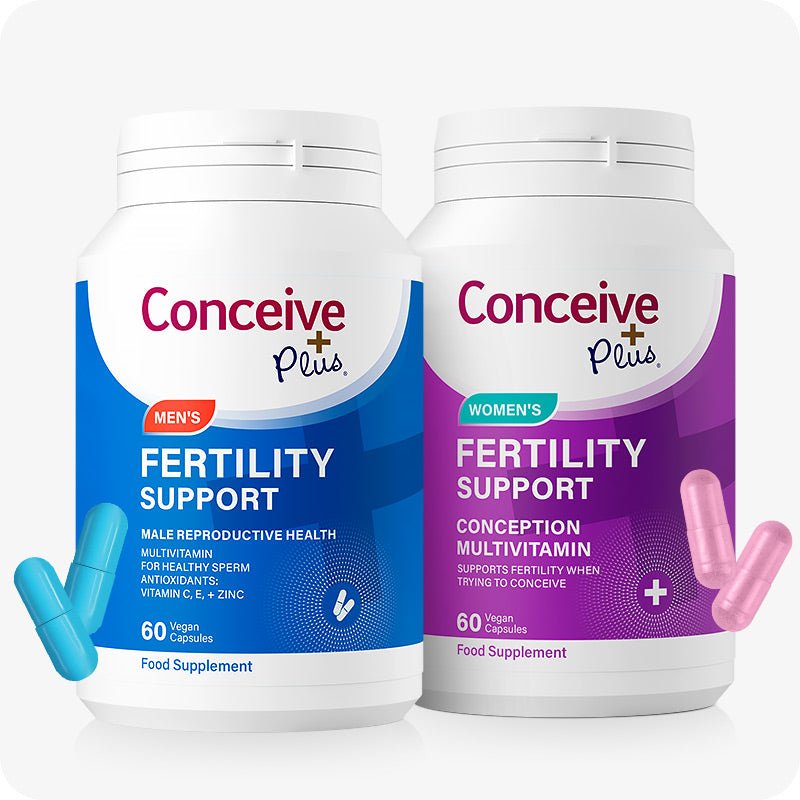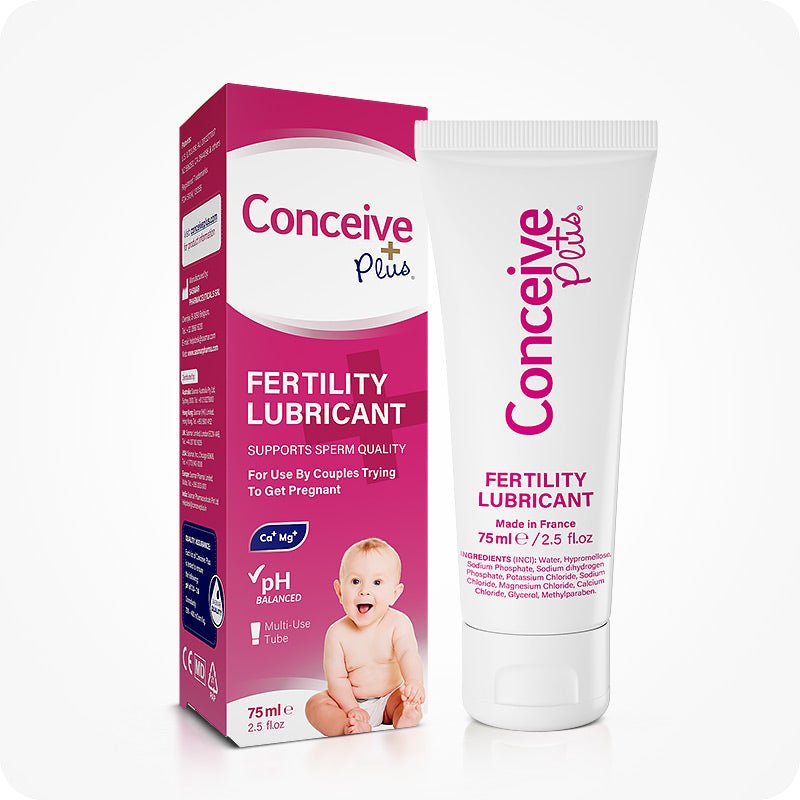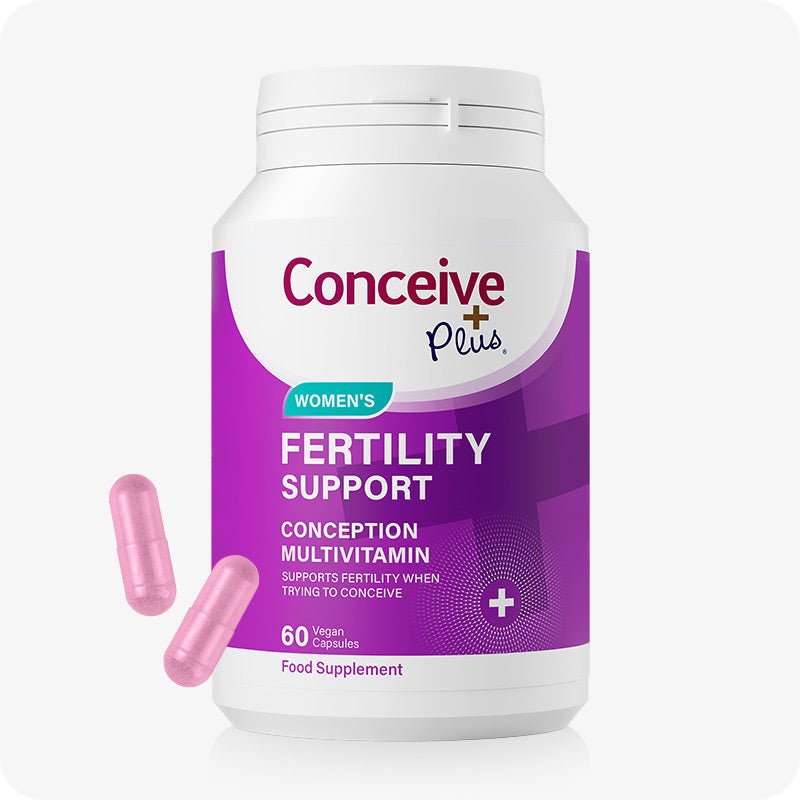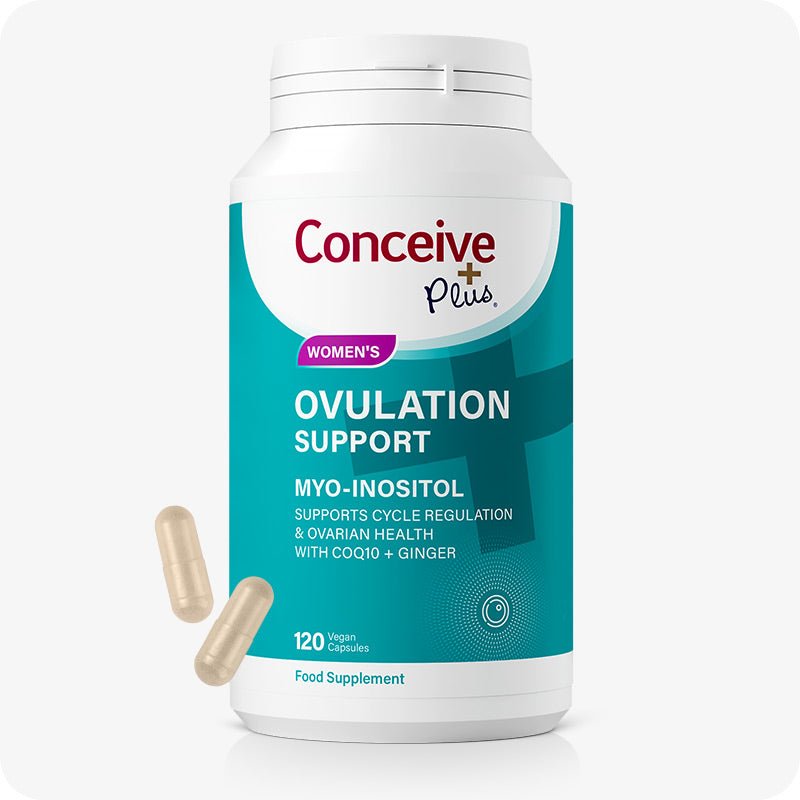Who doesn’t love a good nap? The good news is, if you’re trying to conceive, you now have a good excuse to take a few naps, and, more generally, get plenty of sleep. Your body needs lots of rest to be at its healthy best and to keep hormone levels balanced. If you’re trying to get pregnant, getting enough sleep becomes particularly important.
Sleep is linked to your hormones and ovulation cycle
Sleep doesn’t just make you feel rested; it’s connected to many parts of your body, including your hormones. One particularly important hormone linked to sleep is leptin, a hormone that helps to regulate
ovulation. Women who don’t get enough sleep have lower leptin levels, which can lead to an irregular menstrual cycle.
Sleep helps to reduce stress
You probably already know that stress can affect your fertility. More specifically, stress leads to higher levels of the hormones cortisol and adrenocortocotropic, which interfere with a normal fertility cycle. When you’re trying to conceive, it’s important that you take steps to reduce anxiety and stress. Getting enough sleep is paramount to keeping stress levels down. And if you’re having a stressful day, you can use an afternoon nap to help you relax!
Napping in moderation
Napping can be a great way to give your body some extra rest and relax, but the most important thing your body needs to be rested is a regular sleep schedule. To accomplish this, you should aim to sleep for between 7 and 9 hours every night, and try to go to bed and wake up at about the same time every day. Also you can install the
best ladder shelf, so you can keep there some book or aromatic sticks, that also will help you to fall asleep. This puts your body in synch with its circadian rhythm, a natural response your body has to the patterns of day and night. If you take long naps and then don’t feel sleepy at night, you may be throwing off your circadian rhythm. To avoid this, keep your naps under 45 minutes as a general rule.




